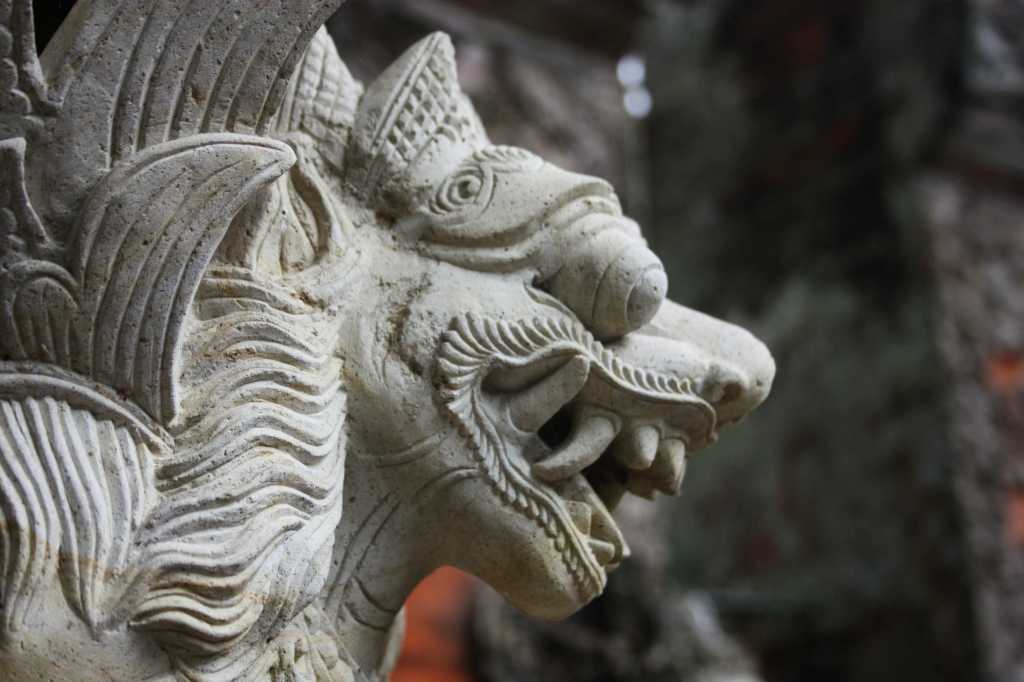Yi Pi Maaaaa!

你好!
So, in my ongoing mission to learn Chinese, I’ve been watching a lot of Chinese dramas.
Remember Crouching Tiger Hidden Dragon? Beautiful to look at, stunning choreography, one of the few movies of its ilk where the women actually had something more to do than bat their eyelids, and what’s more, starring Michelle Yeoh who is as close to being someone who I want to grow up to be (kung fu and beautiful!) as I do Grommit (my all-time spiritual idol) of Wallace and Grommit fame. Huge success in the UK, and apparently unintelligible on mainland China.
Still, after Crouching Tiger every year bought a new, sumptuous Chinese-language drama involving kung fu and moody staring out across the bamboo forests to our screens. Hero was up next, I think, in which a story was told multiple times from different perspectives. Sumptuous to look at, beautiful, much kung fu, and a final message that Chairman Mao would have respected towit it’s better to let the tyrant live and be a tyrant if the end outcome of his tyranny is peace. For whomever may be left alive to appreciate it. Discuss. Then it was House of Flying Daggers and here the suspicion began to creep into the British viewer that perhaps there were conventions in mainstream Chinese kung fu movies that we didn’t yet fully grasp. Take, for example, a death scene. In the course of about sixty seconds the season changed around our central characters from autumn landscape to winter snowstorm and back to summer fields all without explanation or narrative common sense, leaving the baffled viewer with the lingering suspicion that this was in fact… metaphor. Of what, we weren’t entirely sure, but it definitely had the feeling of symbolic intent.
Then in Korea I accidentally found myself watching the occasional Chinese-language soap. Every episode, so it seemed, men would make ‘huh!’ noises and puff out their cheeks, hands on swords ready for what you could only suspect would be a high-flying battle of glorious doom. Then! Just as you were leaning forward waiting for the blood to fly, in would rush a beautiful woman with very long sleeves who would declare words along the lines of ‘oh my brothers, oh my brothers, why do you do this terrible thing, have tea with me instead!’ and the situation would be defused. Regrettably.
I hasten to add, this is purely historical drama of a very specific genre I’m talking about. Little Red Flowers or City of Life and Death is about as far away from the red-faced historical genre as Schindler’s List from Star Wars, and are in their own ways, incredibly powerful movies. But I’m not talking about powerful movies here; I’m talking about the stuff that gets broadcast at 11 p.m. on Freeview across the UK, and which almost invariably involves swords. I’m talking about Red Cliff and, as a sub-set of that field, the great panoply of historical dramas based around the Romance of the Three Kingdoms, China’s answer to the Arthurian Legends as written by Machiavelli.
Watch for too long, and certain truths become apparent. For a start – women are either Lady Macbeth, or the Virgin Mary. (I believe that there’s a technical term for this in English Lit – the Madonna dichotomy, perhaps?) They are either wronged-proud-women who will do whatever it takes to retain their power, or they’re wilting flowers weeping silently over the woes of men. Cliches in terms of characterisation abound; but then the same is true of Western dramas too. Tormented geniuses; noble warriors; wise sages; fallen heroes – the types are universal to most storytelling traditions, even if the means of telling the story shifts from culture to culture.
What then, of Chinese actors doing Western drama?
A few years ago, the Globe Theatre in London did every single one of Shakespeare’s plays, back-to-back, in every language of the world. I saw Richard III in Mandarin, performed by the National Theatre of China. There weren’t any subtitles, but I did learn such wonderful bits of vocabulary as ‘Lundun Ta’ or ‘Richa San’ or my personal favourite, ‘Yi pi ma!’ This last, which translates as ‘one horse!’ was something of a recurring theme of Act 5. In the original text, Richard III offers his kingdom for a horse during a big battle scene. In this version, ‘yi pi maaaa!’ became something of a rallying cry behind which the injured king refused to die. And kept on refusing to die. And refusing to die. And just… (yi pi ma!) still… (yi pi maa!) not … dead!
Despite the language barrier, there was a lot about the text which was not only recognisable, but recognisably good. The scene where Richard nabs the crown through steadfastly saying he doesn’t want it (a trick politicians still use today) was funny and resonant. The death of Lord Hastings was moving, and Hastings himself, when he’s woken at 5 a.m. by his will-be killers, played on what I suspect are Western cultural expectations by doing morning tai chi while exchanging dialogue – an interpretation I doubt the stage of the Globe has seen before or since. It was, in short, a play I could follow and enjoy, even if the finer points of language evaded me.
Then there were the things which were just in a cultural language I don’t get yet. For a start, the part of Lady Anne (widow of a dead Prince, lured into marrying Richard by means somewhat beyond my power to explain…) wasn’t so much acted, as sung. In the manner of Chinese opera. An art form I do not understand in the least. She sang; everyone else in the scene acted. I suspected it was an interpretation. What it meant, I didn’t have a flipping clue. Richard III, who 99% of the time was indeed a Shakespearean actor acting his socks off, sometimes slipped into a frozen tableau of twisted expression which put me in mind of kabuki masks. It again was clearly… an interpretation. And one that to my eye, made no sense at all, as I don’t understand its meaning.
So what, if anything, have I learned from all this? Besides, that is, how to call for my horse?
Nothing revelatory, is the answer. A lot of the drama I’m currently watching is, essentially, Eastenders with swords. The stories that humanity tells about itself are universal. I am watching lovers betrayed, families torn apart, honours redeemed, crises averted, heroes born and villains slain, and even if occasionally the form of it leaves me utterly baffled (along, of course, with the language) the gist is the same from Beijing to Barking. But probably looks prettier in Beijing…





